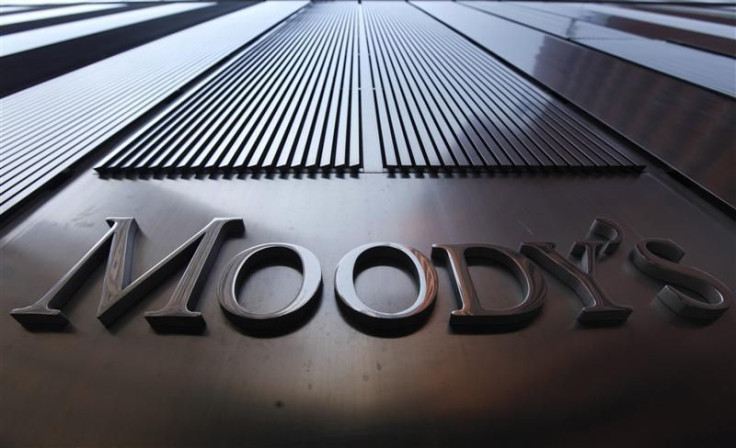Moody's Warns India Against Rollback Of Fuel Price Hike

Moody’s has cautioned the Indian government against a roll back of diesel price hike under pressure.
The rating agency’s warning came in the background of speculations that the Congress-led government may partially roll back the recent hike in diesel prices and increase the cap on subsidized cooking gas cylinders to quell the public’s opposition to the reform measures it had announced recently.
The government announced last week a series of big-ticket reforms like FDI in retail, aviation and broadcasting and it raised the diesel prices. The move was meant to bring the economy back on track and to boost the investor confidence.
In addition to the protests against the move by the opposition parties, the reforms triggered a political crisis as some of the allies of the ruling coalition have opposed the move and threatened to withdraw their support to the ruling UPA government.
Manmohan Singh’s government reportedly is considering a roll back in the diesel prices as a compromise gesture to soothe the allies and to get their support for allowing the more crucial FDI reforms.
The rating agency has cautioned the government against such a move as it can reduce the benefit it would get from the cut in subsidies.
“If the government rolls back a part of the hike, as some coalition partners and members of opposition parties have demanded, the decline in subsidies will be smaller,” it said in a note Thursday.
Moody’s has cut the fuel subsidy estimate for the year from its earlier estimate of 1.9 trillion to 1.7 trillion.
The cut in fuel subsidies will reflect in the financials of the state-run oil firms. According to Moody’s, the Indian Oil Corporation is likely to see a fall in its debt balance to Rs 1 trillion from the earlier estimate of Rs 1.1 trillion.
“We expect ONGC to share about 32 percent (same as the last fiscal year) of the total subsidy for the full fiscal year, which means that the company’s share of the subsidy burden will still be about Rs 540 billion for the current fiscal year versus Rs 445 billion a year ago,” the rating agency said, PTI reported.
© Copyright IBTimes 2024. All rights reserved.






















